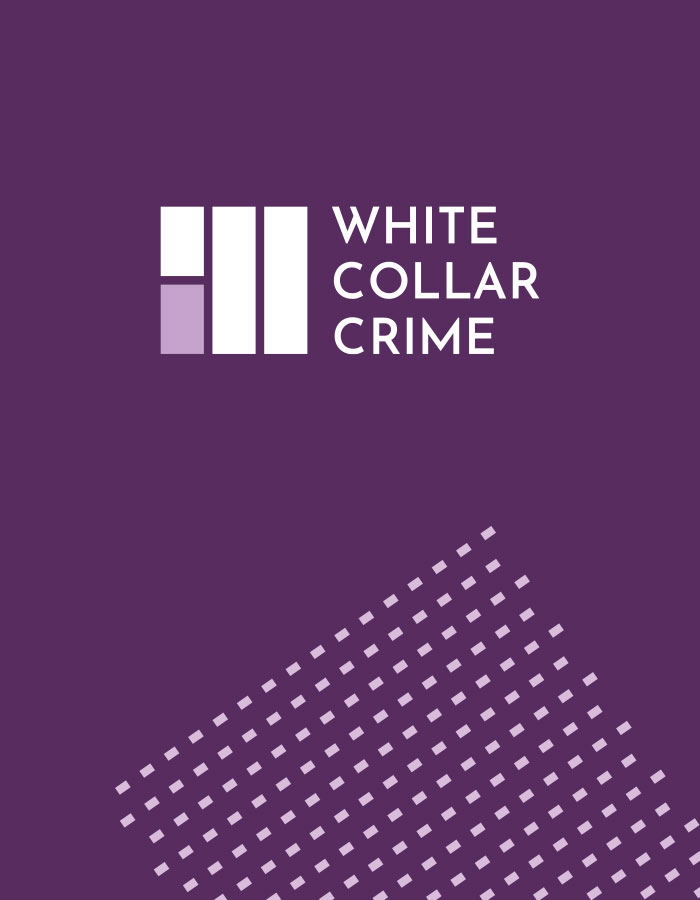Speed read: Anita Clifford considers the scope for enforcement of OFAC designation against UK persons. In certain scenarios, a US sanction will operate to prevent persons in the UK from dealings. But although there is a need to tread carefully, assisting a person who is OFAC designated in or from the UK, including in relation to property, is possible as long as key points are remembered.
Discovering that a prospective client is designated under OFAC sanctions may cause a sharp intake of breath by a professional approached for assistance in the UK. The US is known for its expansive approach to jurisdiction in the sanctions sphere and there may be temptation to refrain from dealings. However, there are limits to the reach of the US when it comes to sanctions enforcement. In some scenarios a person’s OFAC designation will bite outside of the US and prevent persons in the UK from acting but there are also situations when he or she can be assisted effectively in or from the UK.
US sanctions abroad
Broadly, the effect of a person’s OFAC designation is to freeze their assets anywhere in the world. Title remains with the person but the practical impact is to prohibit dealings of any kind with their property by any person, unless a licence has been obtained.
Who must comply?
US sanctions must be complied with by all persons in the US as well as US citizens (including dual nationals) and permanent residents (green card holders), wherever they are located in the world. The same is true of US companies and their foreign branches. Subject to domestic ‘blocking’ laws which are discussed below, foreign subsidiaries that are majority US owned or controlled are also subject to compliance with certain sanctions.[1]
In the light of the above, a UK firm or company with no business activities itself in the US could be drawn into compliance with US sanctions. The UK subsidiary of a US company could fall into this category depending on the scope of the sanction. Further, if a UK company has a US citizen as part of its Board or senior management, this may also require the company to turn its mind to US sanctions compliance. Certainly, any employee, senior or junior, who holds US citizenship or a green card must not deal with any person or matter that engages US sanctions in order to stay on the right side of US sanctions laws.
‘In’ the US
Danger can also arise if dealings with the OFAC-designated person in the UK will involve any activity routed through the US. This is because US sanctions apply to persons engaged in activity ‘in’ the US, a term that the authorities seek to construe very widely. Accordingly, a UK firm that seemingly has no connection to the US may find themselves exposed if their dealings with the client subject to US designation will involve any activity conducted in the US. Dealings from the UK with the person’s assets in the US are clearly out of bounds. There will also be a need to avoid US-dollar transactions or any transaction routed through the US financial system.
A US sanction may also bite abroad in less obvious scenarios. Activity may be considered to engage US jurisdiction where there are communications relating to assets through the US mail system. It has also been suggested that a firm’s use of support services located in the US and even use of US data servers in the supply of services may provide a sufficient jurisdictional nexus for US authorities to take action for sanctions breach.[2]
Providing assistance in or from the UK
It is important to tread carefully but the door is not closed to providing assistance. Advising or representing an OFAC designated person in the UK in relation to matters that have nothing to do with their assets, such as liaising with domestic authorities and institutions, as well as litigation, is a clear example. Advice, representation or other services may also be provided by a UK firm or person with no US link to an OFAC sanctioned person in relation to assets entirely outside of the US. It will be important to consider each case and whether or not a US link arises carefully.
Separately, in certain cases, including those involving assets, there may be a need to consider the application of US sanctions blocking regulation in the UK. In line with EU requirements, the UK has law in place [3] preventing UK companies and individuals from complying with sanctions imposed by the US on companies and individuals associated with Cuba, Iran and Libya. The blocking regulation, which will remain in place after the Brexit transitional period ends on 31 December 2020, [4] comes as a result of major divergence in sanctions policy in relation to these countries. It pushes back on the US’s expansive approach to jurisdiction and protects companies, including subsidiaries of US companies, organised under UK law and UK individuals from US extraterritorial enforcement action.
Don’t forget POCA 2002
Notwithstanding the above, domestic duties should not be an afterthought. Consideration should turn to the potential engagement of Part 7 of the Proceeds of Crime Act 2002 and the rationale for designation by OFAC. From there, whether the work falls within the regulated sector, whether the business relationship gives rise to a reasonable basis to suspect the handling of criminal property and the operation of the ‘adequate consideration’ exemption to possession of criminal property (viz., fees for professional services) may need to be carefully examined.
Takeaway points
In summary, the following questions are worth keeping in mind:
- Will the client relationship touch on his or her assets anywhere in the world (including funds to be paid for services)? If not, there will be no issue. If so, unless there is a license in place, US citizens, green card holders and UK entities that are a branch of a US company will be prohibited from dealings. UK companies with American Board members or senior management will also need to be careful as it is conceivable that an individual who is a sufficiently senior decision-maker could bind the company.
- For UK companies with no presence in the US, will the client relationship touch on the designated person’s assets anywhere in the world and involve activity in or routed through the US (including funds to be paid for services)? Remember that activity ‘in’ the US is interpreted broadly and depending on what it is may lead to exposure to US sanctions enforcement.
- In any event, all persons in the UK should consider the rationale for OFAC designation and whether the work could engage a section 330 money laundering reporting duty.
- Is there another reason why particular US sanctions should be disregarded by persons in the UK (ie. application of blocking laws)?
For general sanctions risk management and discrete knottier matters, advice may be required from both domestic and American practitioners specialised in sanctions matters. Sanctions regimes are dynamic and while the US sanctions framework is undoubtedly assertive, there are bounds to it as well.
Bright Line Law has a specialist sanctions practice and regularly advises firms, companies and individuals. Jonathan Fisher QC, lead counsel and founder, is ranked Band 1 by the legal directories in the areas of Proceeds of Crime and Asset Forfeiture, and Financial Crime. The author, Anita Clifford, is recognised in the directories for her work in the area of Proceeds of Crime & Asset Forfeiture and has experience advising on sanctions matters.
[1] The US has sought to assert jurisdiction over US majority-owned foreign subsidiaries in relation to North Korean, Cuban, Libya and Iranian sanctions.
[2] See ‘The Aggressive Extraterritorial Reach of US Economic Sanctions: Foreign Company Exposure to OFAC Enforcement’ published 15 April 2020 by the National Law Review.
[3] The Extraterritorial US Legislation (Sanctions against Cuba, Iran and Libya) (Protection of Trading Interests) (Amendment) Order 2018.
[4] The Protecting against the Effects of the Extraterritorial Application of Third Country legislation (Amendment) EU Exit) Regulations 2019.







